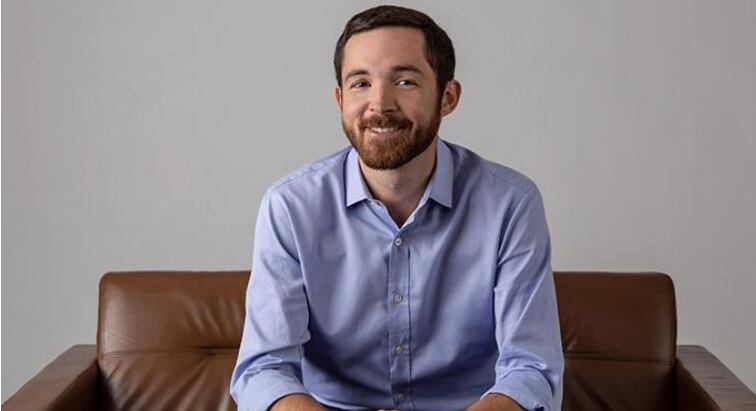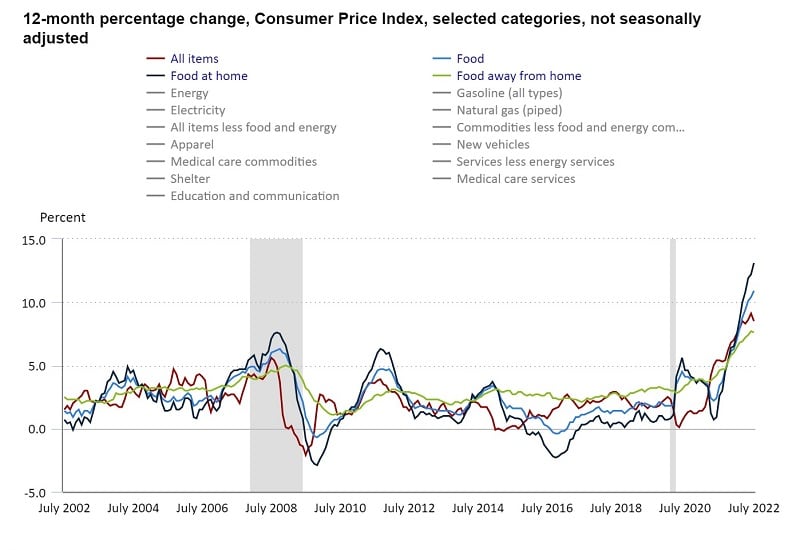“At Tyson … our succession planning process is very robust,” CEO Donnie King told investment analysts yesterday during the company’s fourth quarter earnings call.
He added that he is “pleased with the decision” announced in late September to appoint John Tyson as CFO, replacing Steward Glendinning who will transition to group president of the prepared foods division following the departure of Noelle O’Mara who left to pursue other opportunities, and the expansion of Amy Tu’s position of executive vice president, chief legal officer & secretary, global governance and corporate affairs to include the role of president, international & chief administration officer.
King described the trio as “very talented individuals” who all “have experience in other areas that they brought to Tyson,” and with whom he said he is “perfectly comfortable.”
His assessment came in response to an investment analyst who suggested the appointments may not meet the same bar as previously applied by the company.
“I have followed Tyson for a long time and I am used to the company putting people with a lot of brand management expertise in charge of prepared foods because of its heavily branded food portfolio [which includes iconic packaged food brands Ball Park, Hillshire Farm and Jimmy Dean], and putting people into the CFO role who have 20-plus years of experience in finance,” Robert Moskow of Credit Suisse said on the call.
“This latest reshuffling did the opposite,” he added.
King sought to reassure Moskow, other investors and analysts about the new leadership team, and in particular John Tyson in the role of CFO, by stressing the experience that they bring to their new positions from both outside and inside the meat-packing company.
For John Tyson, King called out his “escalating levels of responsibility in banking and venture capitalism prior to joining Tyson,” including at J.P. Morgan Chase. He also noted that “within Tyson for the last four years he’s led the M&A strategy ventures and in other areas of the company.”
King also called out “the fact that he’s been involved in this business essentially his whole life” as the son of Tyson chair John H. Tyson and the great-grandson of the company’s founder.
Tyson apologizes for public intoxication charge
Despite Tyson’s connections, his qualifications and fitness for the position of CFO are under the microscope after he was arrested Nov. 6 on allegations of public intoxication and trespassing after a woman who said she did not know him reported him asleep in her bed around 2 am. She reported that she believed her front door was unlocked at the time of incident.
Tyson acknowledged during the quarterly call that he was “embarrassed” by his behavior and he said that he took “full responsibility” for his actions.
“I just want to apologize to our investors as I have our employees. This was an incident inconsistent with our company values, as well as my personal values. I just wanted you guys to hear this directly from me and to know that I’m committed to making sure this never happens again,” he said.
The apology may not be enough, though, to secure Tyson’s role. King stressed that “like John, the company takes this matter seriously. Tyson Foods has a strong, robust corporate governance process. Our independent board of directors are overseeing a thorough review of this matter, and I am confident in this independent process.”
‘The direction of the company stays the same’
While the review is underway, Tyson said he plans to hold the course for the company as the CFO.
“I don’t think from a capital allocation standpoint or a strategy standpoint you should expect too many significant changes or departures from how things have been handled in the past,” he said.
While he stressed that “these leadership moves are kind of a bow for continuity rather than radical change of any kind” and that “overall, I think, the direction of the company stays the same,” he also acknowledged room for change, telling analysts to “check back with me in a quarter or two to see if there’s any new ideas.”
A ‘real opportunity for volume improvement’ in foodservice
King also defended the appointment of Glendinning as the group president for prepared foods, noting his “great experience” coming into Tyson in 2017 from Molson Coors Brewing Company.
Glendinning also defended his promotion noting that during his 13 years at Molson Coors he spent 10 as an executive, including four as the CFO running the brand business.
Looking forward, Glendinning said sees “real opportunity for volume improvement, particularly in the foodservice business,” against which he is “pressing hard” to fill the orders the company has and selling out the capacity that exists in the company’s network.
He said he also believes the company can be leaner and “still achieve the growth goals that we want to see in the company.”
Finally, on the innovation side, Glendinning said he sees significant runway and “lots of opportunities to press harder in the market.”
Managing a ‘high turmoil period’
In addition to the leadership change, Tyson announced earlier this fall that it will close corporate offices in Chicago and Downers Grove in Illinois and Dakota Dunes, South Dakota early next year – the combination of which Moskow said could create a “high turmoil period,” prompting him to ask what the company will do to mitigate execution risks.
King suggested that the leadership shuffle and closures were unrelated, noting that the closures were “something that we’ve talked about, we’ve looked at for a number of years now, and we made the decision [to close the sites] in an effort to be a better version of ourselves.”
The approximately 1,100 affected employees were offered the chance to move to Tyson’s Arkansas headquarters, which King said would help the company be more agile, productive and deliver better results.
He acknowledged that not all employees will opt to move to Arkansas and for those who do not, he said Tyson will look for ways to keep them on “long enough so that their replacement could be hired and trained, so that we have no business interruption or interruption of business continuity.”




